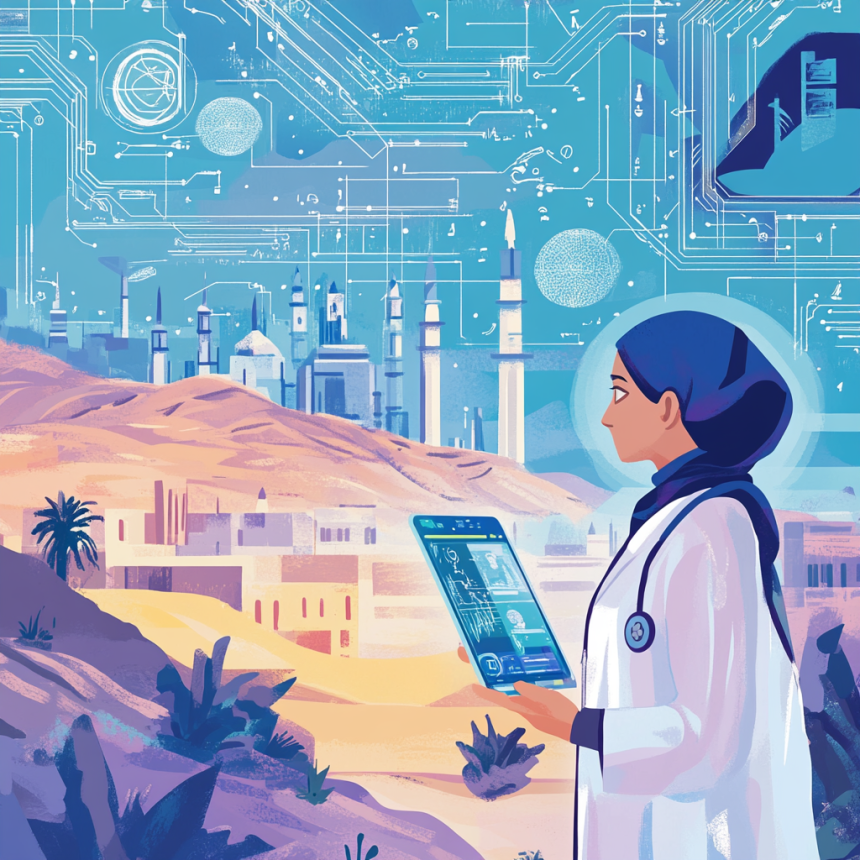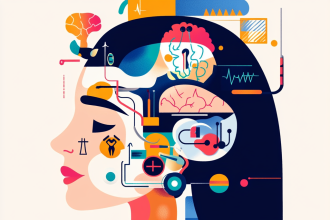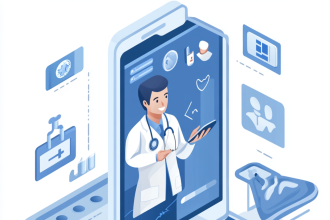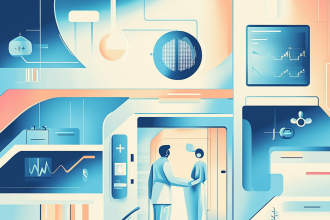As first reported by BioSpectrum Asia, M42—a global health company driven by technology, genomics, and AI—has announced a strategic collaboration with GE HealthCare to elevate diagnostic capabilities and deliver more tailored patient care across the United Arab Emirates. The partnership represents a pivotal move toward smarter, more connected healthcare, aiming to address regional and global health system inefficiencies through cutting-edge technologies.

Source: m42.ae.
The collaboration will bring together M42’s advanced AI, data platforms, and clinical technology infrastructure with GE HealthCare’s expertise in medical diagnostics, product innovation, and cloud-based AI solutions. The goal is not only to co-develop new diagnostic tools and digital applications but also to improve both clinical decision-making and operational efficiency in healthcare delivery. Through this integration, the partners hope to streamline workflows and accelerate treatment planning.
By applying multimodal data analysis—which synthesizes medical images, patient records, genomics, and other clinical inputs—the partnership aims to speed up product development cycles and expand the UAE’s role as a hub for life sciences innovation. M42 and GE HealthCare will also explore joint go-to-market strategies to scale and implement these technologies effectively across the region, with an eye on both public and private sector healthcare systems.
A regional model for global digital health transformation
This collaboration is expected to serve as a model for future public-private partnerships in digital health, particularly in regions aiming to build sustainable, AI-enabled healthcare infrastructure. By leveraging localized expertise and global innovation, M42 and GE HealthCare’s alliance could redefine how precision medicine and diagnostic intelligence are deployed in emerging markets.
M42’s partnership with GE HealthCare highlights a growing momentum toward AI-led innovation in the Middle East’s healthcare landscape. By combining data-driven platforms with proven diagnostic technology, the collaboration is set to improve both patient outcomes and system-level efficiencies. As smart healthcare ecosystems evolve, such partnerships will play a central role in transforming how care is delivered—locally and globally.





